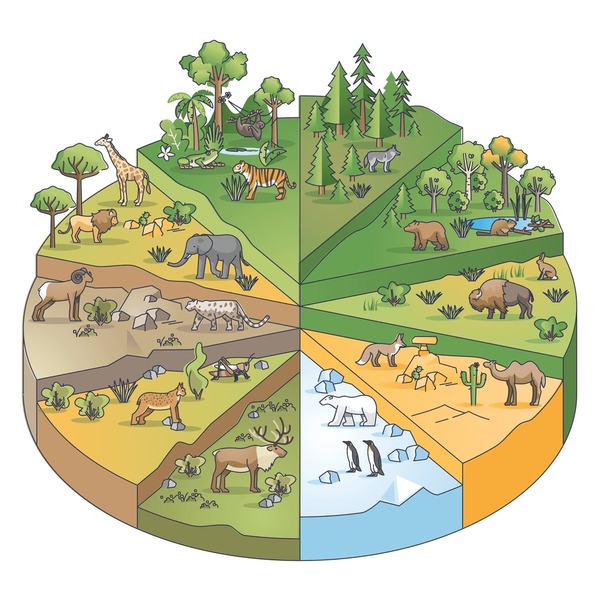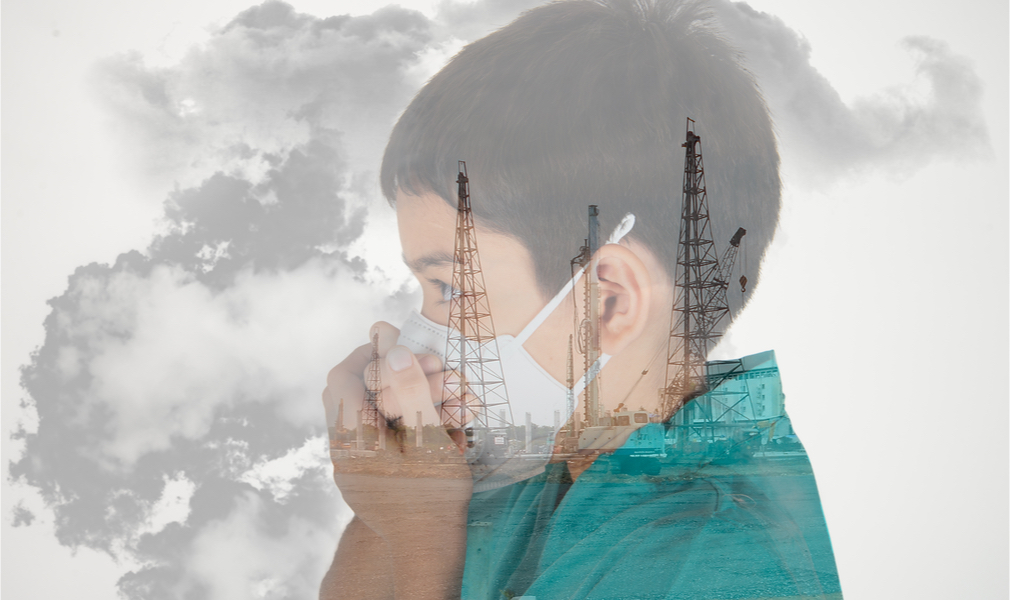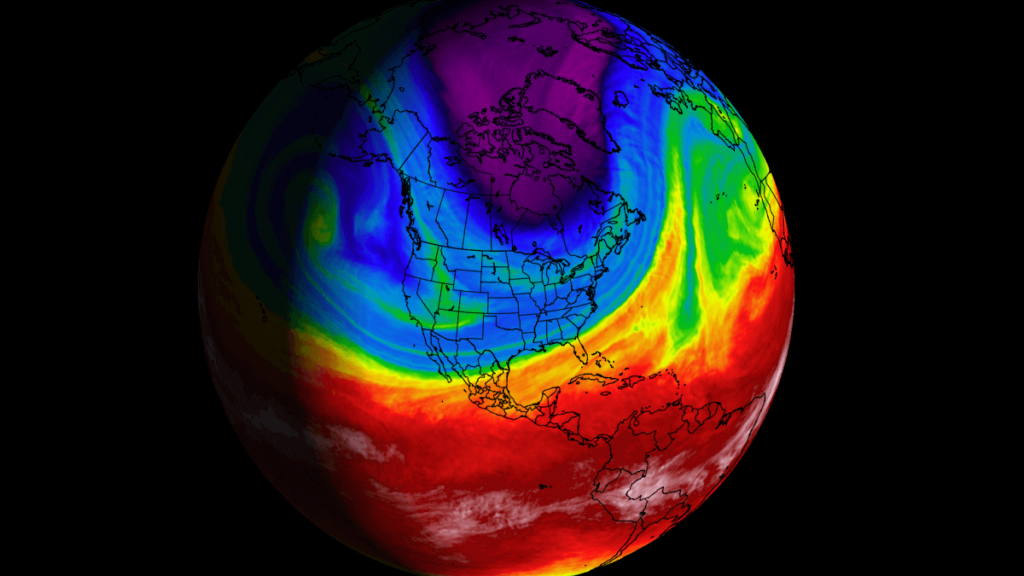Rising Temperatures: A Global Threat to Ecosystems!!
Rising global temperatures have widespread impacts on ecosystems, human health, and weather patterns, with increasingly severe real-world consequences.
Ecosystems
Warming temperatures disrupt ecosystems by altering habitats and threatening biodiversity. For example, coral reefs are highly vulnerable to ocean warming. In 2016, the Great Barrier Reef experienced one of the worst bleaching events in recorded history due to a rise in ocean temperatures, resulting in the death of vast stretches of coral and harm to marine life that depends on these ecosystems. Terrestrial ecosystems are also at risk, as species struggle to adapt to shifting climates. Arctic ice is melting, reducing habitat for polar bears and other species reliant on ice-covered regions, while warmer winters and earlier springs disrupt migration patterns of birds and affect plant blooming cycles.

Human Health
Extreme heat can lead to heat-related illnesses and exacerbate chronic conditions like cardiovascular and respiratory diseases. In 2021, a record-breaking heatwave hit the Pacific Northwest in the U.S. and Canada, leading to hundreds of deaths, particularly among vulnerable populations like the elderly. These extreme heat events are expected to become more frequent and severe, placing further strain on healthcare systems. Rising temperatures can also worsen air quality by increasing ground-level ozone pollution, triggering respiratory problems such as asthma.

Weather Patterns
Global warming has intensified extreme weather patterns, including heatwaves, droughts, and wildfires. In 2023, Europe experienced its hottest summer on record, leading to severe droughts that caused widespread wildfires in countries like Greece, Spain, and Italy. These fires destroyed vast areas of forests, forced evacuations, and led to significant economic losses. Similarly, California and Australia have experienced devastating wildfire seasons, with hotter, drier conditions fueling the spread and intensity of these fires.
The increase in temperatures also leads to more intense storms and rainfall, contributing to flooding. For instance, the 2021 floods in Germany and Belgium were attributed to unusually heavy rainfall driven by climate change, resulting in hundreds of deaths and billions in damage.

Join the Fight Against Climate Change: Every Action Counts!
Our planet is facing unprecedented challenges, but together we can make a difference. Learn, share, and take steps to reduce your carbon footprint. The future is in our hands—act now to protect it!